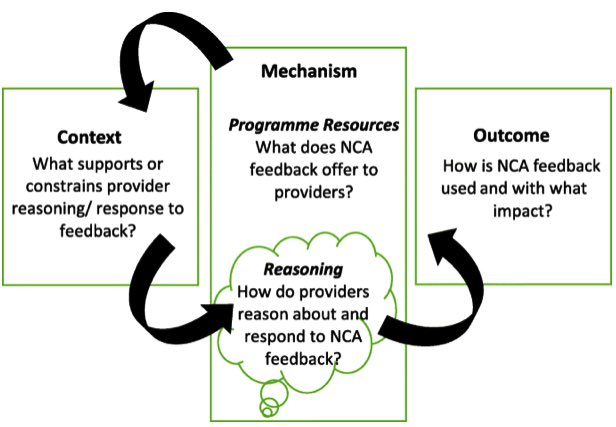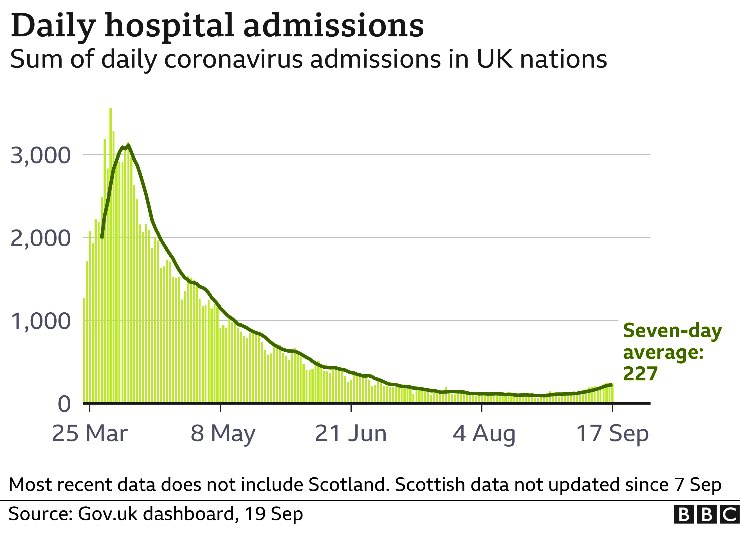Exploring variation in the use of feedback from national clinical #audits: a realist investigation @HSRatBMC by @tasha_alvarado
bmchealthservres.biomedcentral.com/articles/10.11…
bmchealthservres.biomedcentral.com/articles/10.11…
National Clinical Audits (NCAs) are a well-established quality improvement strategy used in #healthcare settings.@CardiacAudit @HQIP #NHS #MINAP #PICANET @BCIS_uk
Significant resources, including clinicians’ time, are invested in participating in NCAs, yet there is variation in the extent to which the resulting feedback stimulates quality improvement.
We used realist evaluation to interrogate how context shapes the mechanisms through which NCAs work (or not) to stimulate #qualityimprovement. @realisteval #realisteval @RealismLeeds
Fifty-four interviews were conducted with #doctors, #nurses, audit clerks & other staff working with NCAs across five healthcare providers in #England.
We scrutinised the #data to identify how & why providers responded to NCA feedback (mechanisms), the circumstances that supported or constrained provider responses (context), & what happened as a result of the interactions between mechanisms & context (outcomes).
We identified five mechanisms that explained provider interactions with NCA feedback: reputation, professionalism, competition, incentives, & professional development.
Professionalism & incentives underpinned most frequent interaction with feedback, providing opportunities to stimulate quality improvement.
Feedback was used routinely in these ways where it was generated from data stored in local databases before upload to NCA suppliers.
Local #databases enabled staff to access #data easily, customise feedback &, importantly, the data were trusted as accurate, due to the skills & experience of staff supporting audit participation. (See @QualDash).
Feedback produced by NCA suppliers, which included national comparator #data, was used in a more limited capacity across providers. [This is an important finding, which needs addressing].
[Notably] Challenges accessing supplier data in a timely way & concerns about the quality of data submitted across providers were reported to constrain use of this mode of feedback.
We suggest that there are a number of mechanisms that underpin healthcare providers’ interactions with NCA feedback.
However, there is variation in the mode, frequency & impact of these interactions.
Feedback was used most routinely, providing opportunities to stimulate quality improvement, within clinical services resourced to collect accurate data & to maintain local databases from which feedback could be customised for the needs of the service.
The research was funded by @NIHRresearch as part of the @QualDash programme by @HCIforHealthIT @mmamas1973 @tasha_alvarado @MaiShehaly & team @UniofBradford @UniversityLeeds @LIDA_UK @LeedsHospitals
Do read the quotes, in the freely available manuscript @HSRatBMC such as, “‘You can actually wait quite a long time for data to be sent to you [by the NCA supplier], by which time you’re like, well, actually I needed it yesterday.’ (PICANet audit clerk, Site 1).”
Find out more about @QualDash here: qualdash.wordpress.com
Download the full manuscript for free here: bmchealthservres.biomedcentral.com/articles/10.11…
• • •
Missing some Tweet in this thread? You can try to
force a refresh






